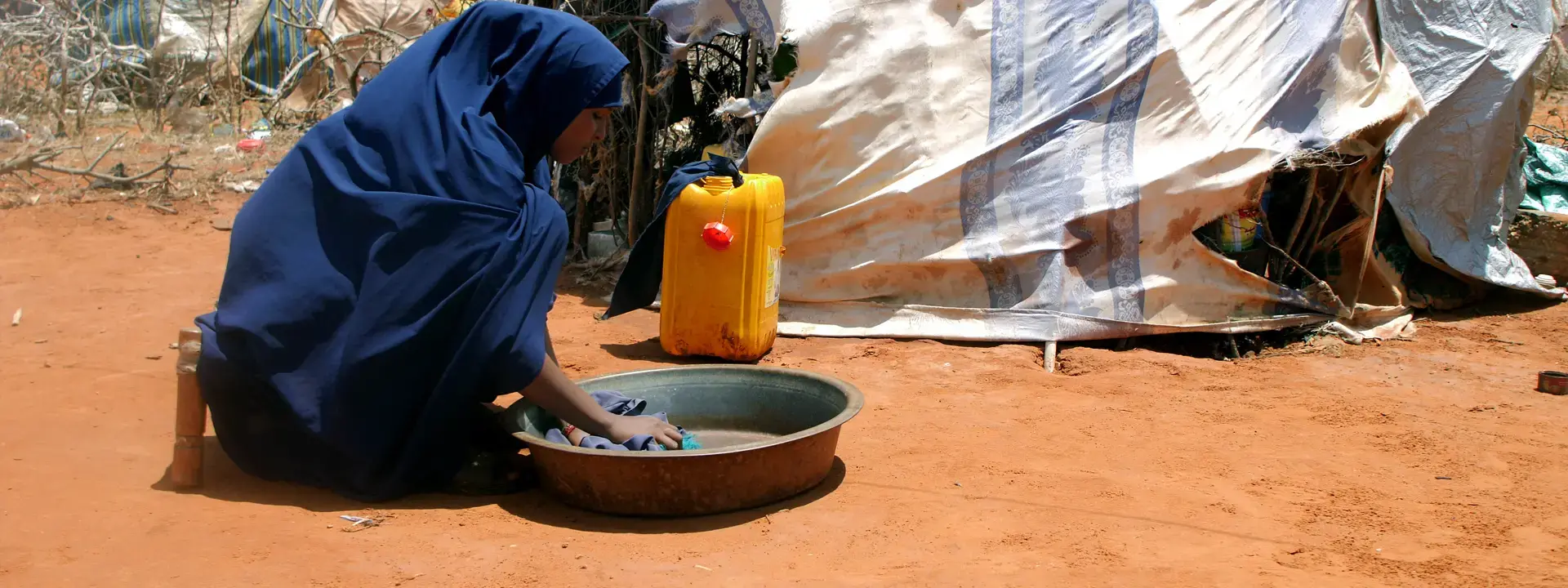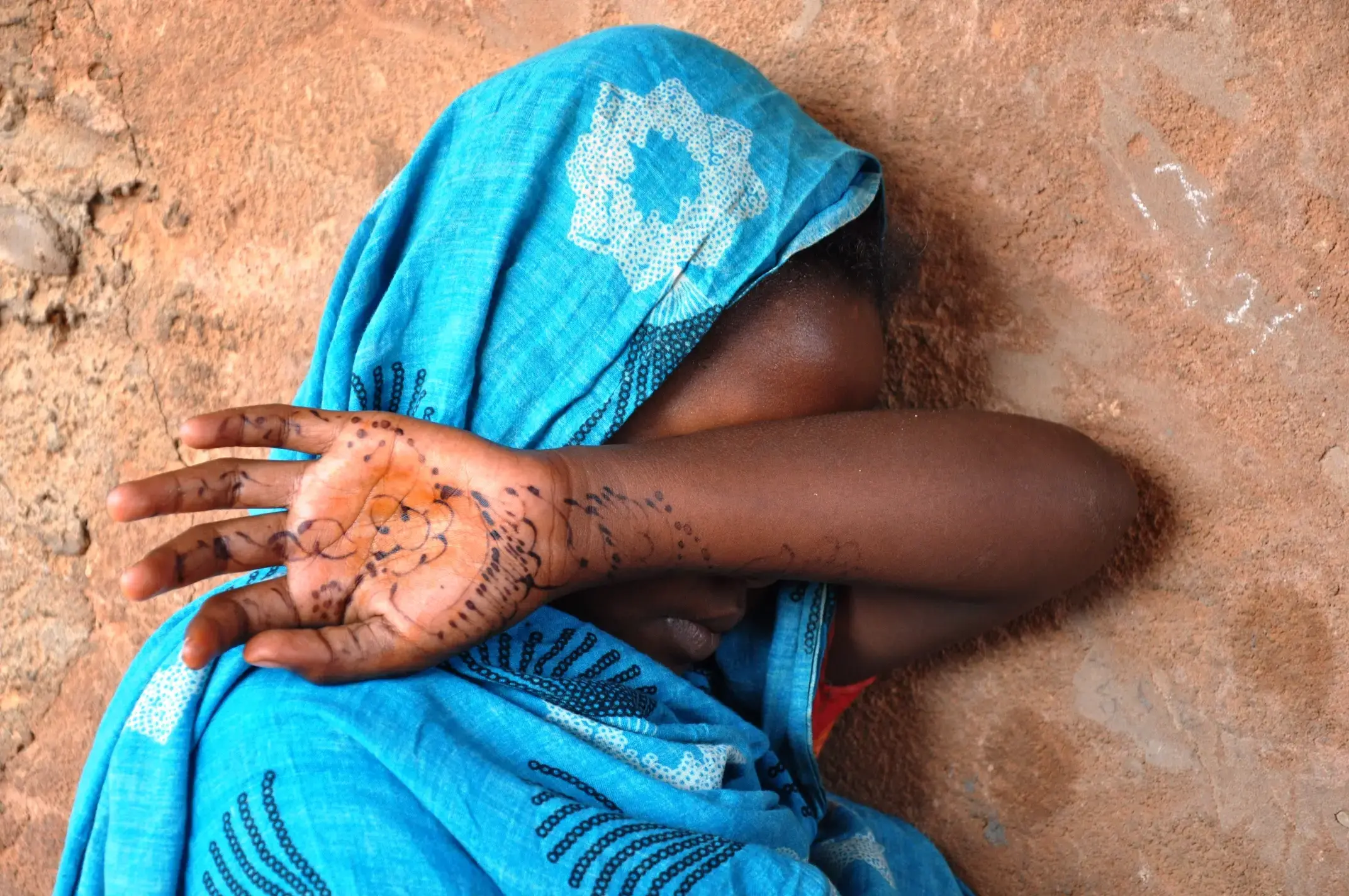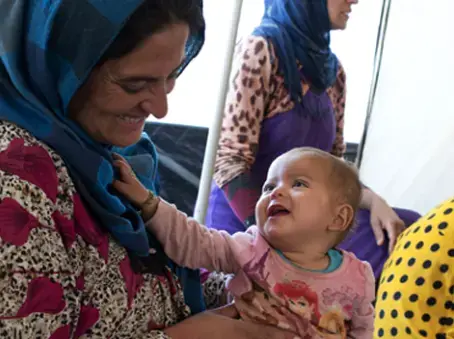From changing temperatures and weather patterns to more severe storms and rising sea levels, the effects of climate change are impacting all of us. It is a global emergency and one of the greatest challenges facing humanity. Climate change is expected to double global humanitarian response needs by 2030, and pose an increasing threat to human-centered development. Urgent action is needed, requiring coordination at – and solutions from – all levels.
Climate change-related extreme events, such as droughts and flooding, impact on sexual and reproductive health and rights and gender-based violence by exacerbating gender inequalities and unequal social and gender norms. Climate change, gender equality and sexual and reproductive health and rights are inextricably linked and are key elements in climate adaptation, resilience action and climate justice.
Extreme weather events challenge the ways in which societies access, benefit from and interact with the environment. They impact on natural resources, food security, infrastructure, social and health services, and livelihoods. The indirect impacts of extreme weather events affect communities and the health and rights of women and girls, especially those who may already be vulnerable to discrimination.
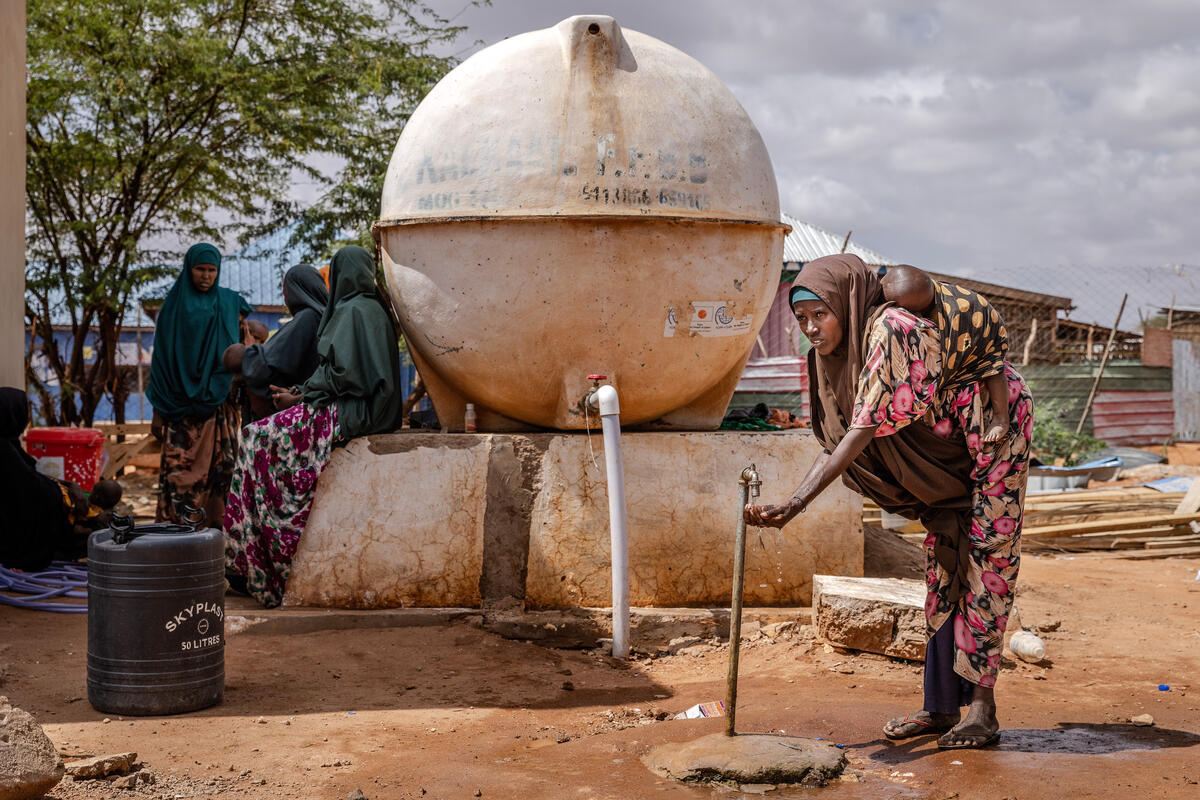
Women, girls and other marginalized groups are on the frontlines of climate change. They are often left out of decision-making processes and lack the necessary resources required to adapt to the impacts of climate change and respond to climate shocks. Yet, women and girls can be effective change-makers for climate resilience as their participation and involvement in sustainability initiatives is leading to more effective climate action.
In the Arab region, climate change contributes to water scarcity, food insecurity and human health. The increasing frequency of natural disasters and extreme weather events is exacerbating the social, political, and economic challenges and is rendering the region even more vulnerable to instability and conflict.
UNFPA action
UNFPA’s Climate Change Strategy aims to limit the impact of climate change on women, girls, young people and other marginalized groups by increasing the resilience of people and systems to cope with climate change and accelerate progress to achieve the International Conference on Population and Development [ICPD] Programme of Action. The strategy aims to achieve this across three components: a climate change value proposition, social and environmental standards, and an environmental efficiency strategy.
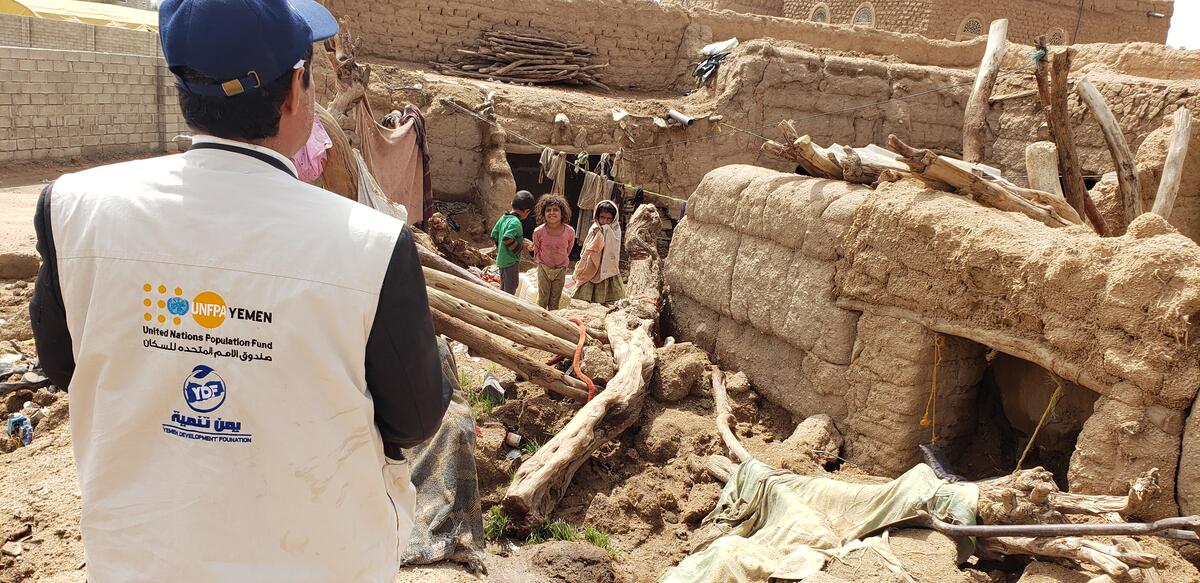
In contribution to the UNFPA climate change value proposition, UNFPA in the Arab States Region engages with national and international counterparts to support anticipatory action and adaptation interventions that strengthen resilience to climate change for women and girls.
Women and young people in the Arab region must be at the centre of climate mitigation and adaptation which is why UNFPA has helped build coalitions between civil society organizations, including local climate and women-focused NGOs, to mobilize funds and to advocate for sustainable change.
UNFPA works to close the research gap on the linkages between gender and climate in the Arab region by outlining the pathways between sexual and reproductive health and climate change, as well as how the impacts of climate change increase gender-based violence. Promoting data and evidence-generation on the links between climate events and sexual and reproductive health and gender-based violence aim to assist countries in preparing for and responding to climate-related emergencies.
In 2023 UNFPA conducted a global stock taking exercise to examine the integration of sexual and reproductive health and rights within the countries’ national climate commitments. The regional report for the Arab States offers recommendations on how future submissions can better ensure that national climate policies incorporate sexual and reproductive health and rights, as well as gender-based violence in policy development.
Updated 20 October 2024

